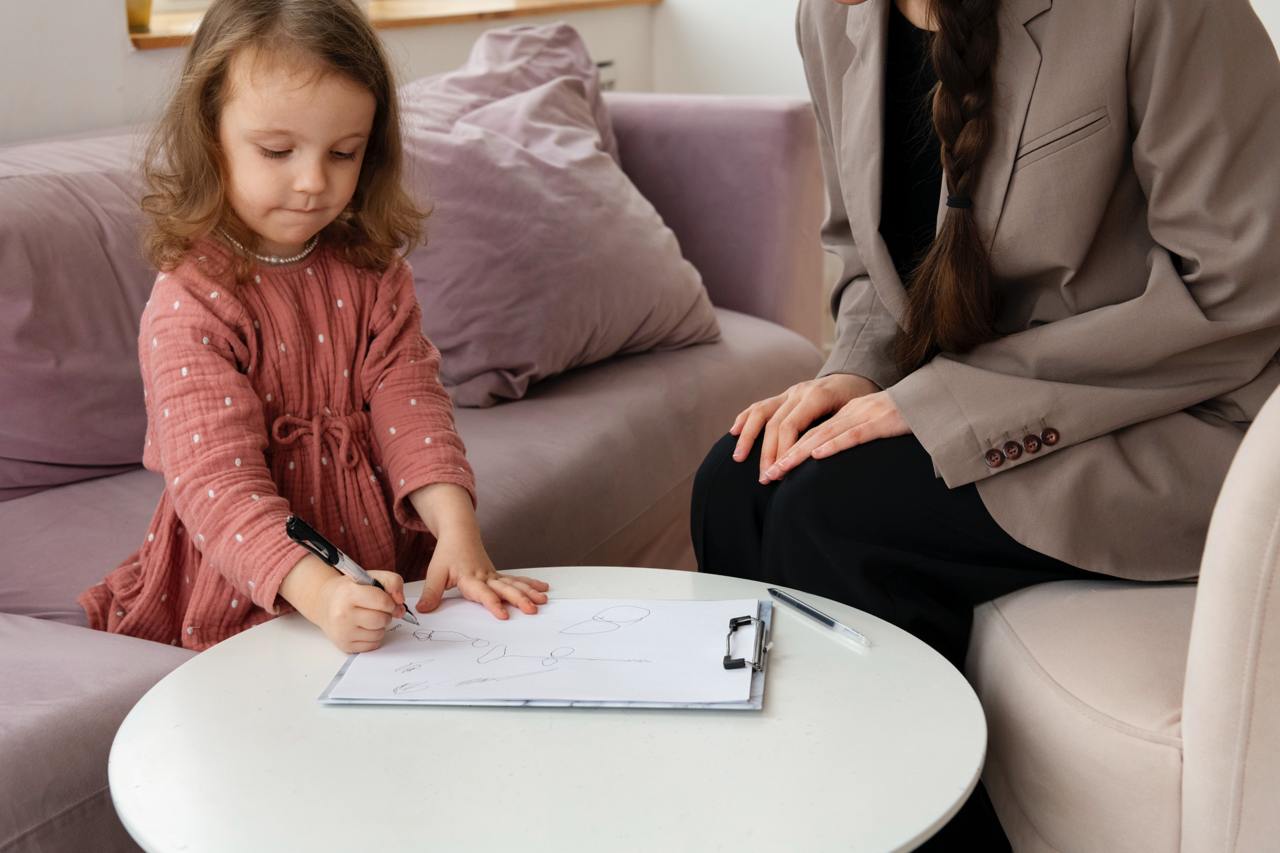A lawyer specializing in determining the place of residence of a child will help clarify the legal aspects of the process, including how court proceedings unfold and how your interests will be protected in court. If the child is over 10, their opinion must be considered, unless it contradicts their best interests. Guardianship authorities assess the child’s living conditions, and a lawyer can challenge any errors found in the process. Legal guidance is crucial, especially if circumstances change, requiring ongoing legal support.
Are the Rights Equal?
In Belarusian law, parents share equal rights and obligations regarding their children, as outlined in the Constitution, the Rights of the Child Act, and the Marriage and Family Code. Regardless of whether parents live together or separately, their right to care for the child is equal. In cases of separation, disputes may arise regarding child custody, but the guardianship authority must participate in the court proceedings. The court considers various factors, including the child’s age, attachments, and the parents’ ability to provide suitable care.



























